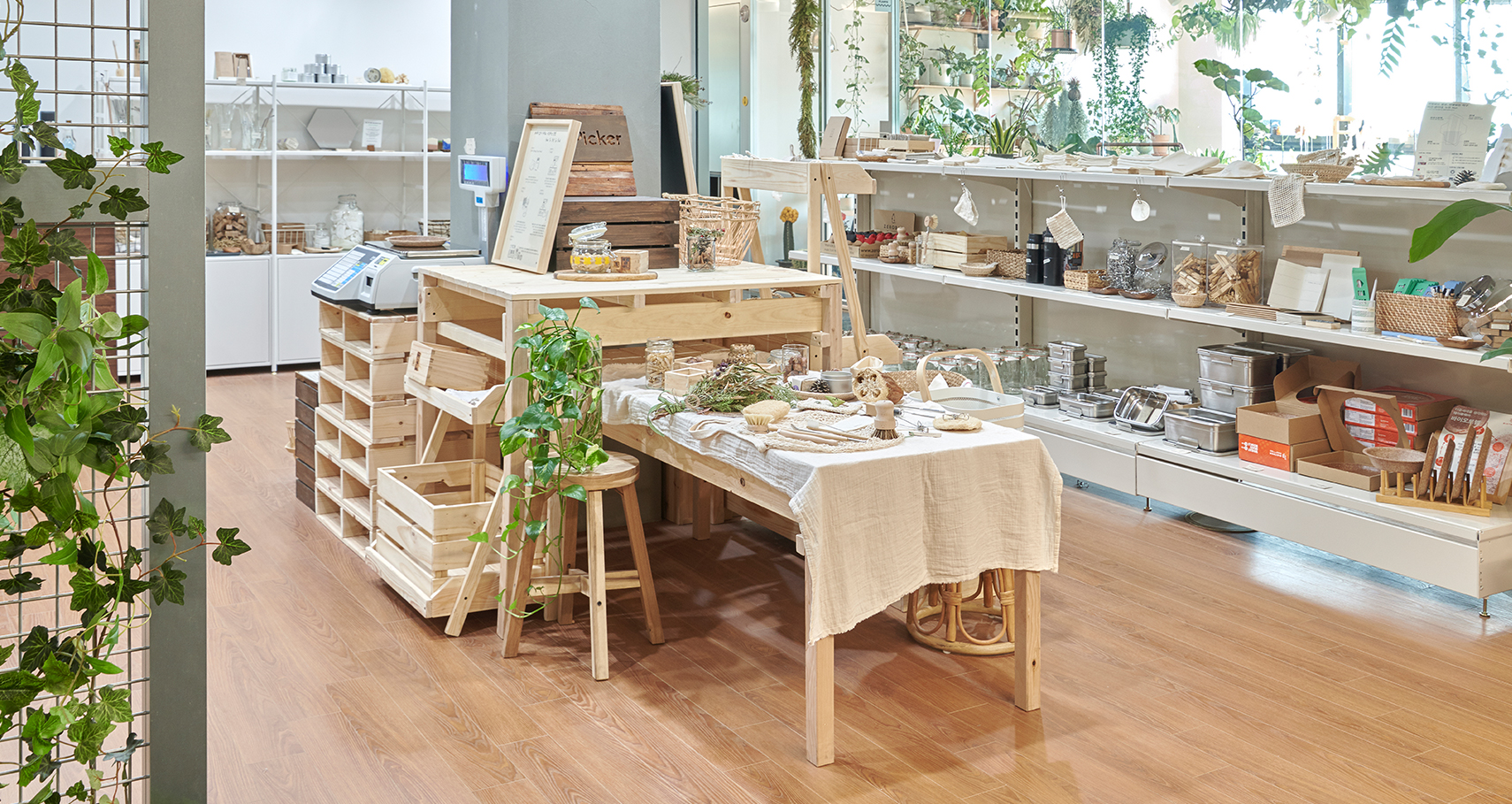June 2021

June 2021
Eco-consciousness, not unlike political correctness, is often used by brands or influential figures for branding themselves. Statements and groomed setups aside, environmentally conscious entities — whether brands, individuals or varied collectives — can walk their talk through actions both big and small. Here’s an actress–turned–eco–influencer who glows on all fronts with genuine passion for upholding sustainability.
![]()
Written by
Yu Pureum,
features editor
Photo courtesy of
Elefun Entertainment
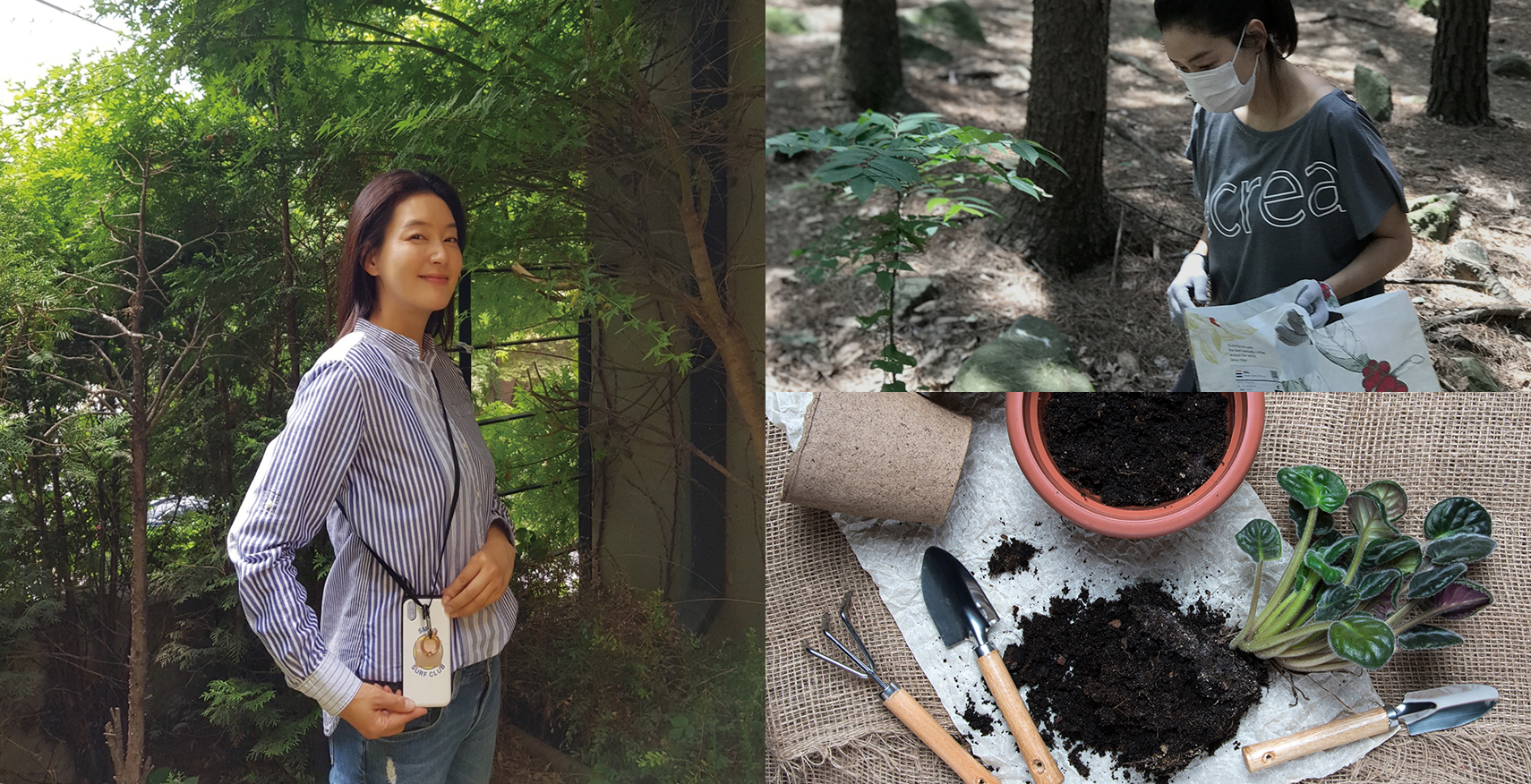
Surprisingly for an “influencer” renowned for her expertise and commitment to environmental causes, Park is unassuming of her clout. Shyly and candidly, she starts by positing herself as a learner. “The more knowledge I realize there is for me to absorb, the more time I take to scour through content of various forms, from documentaries to books, and etc. There is great significance and an obligation to be cognizant of our present being, which includes the state of planet Earth.”
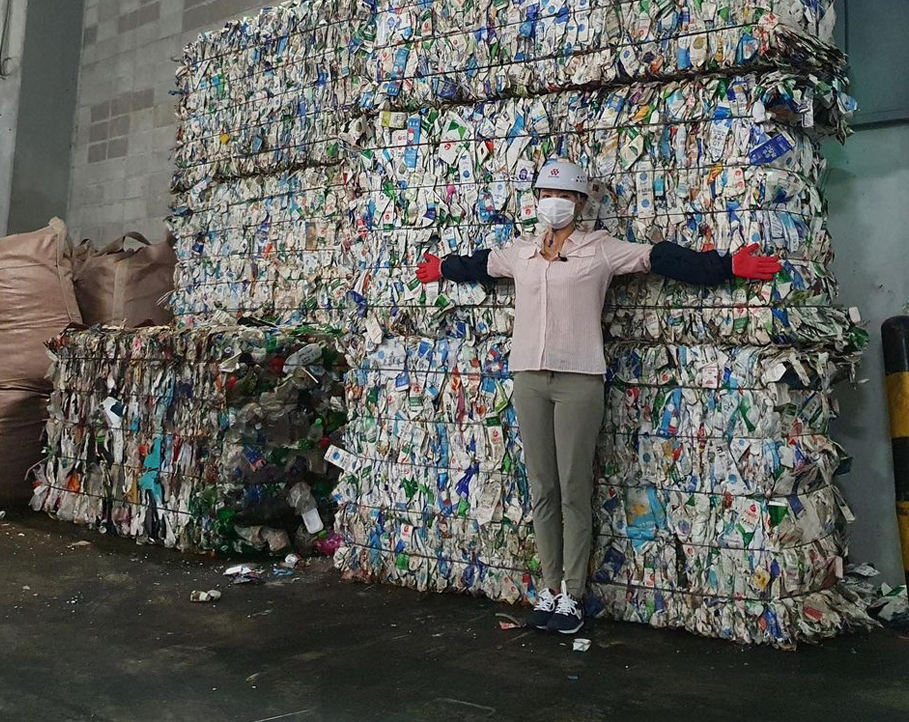
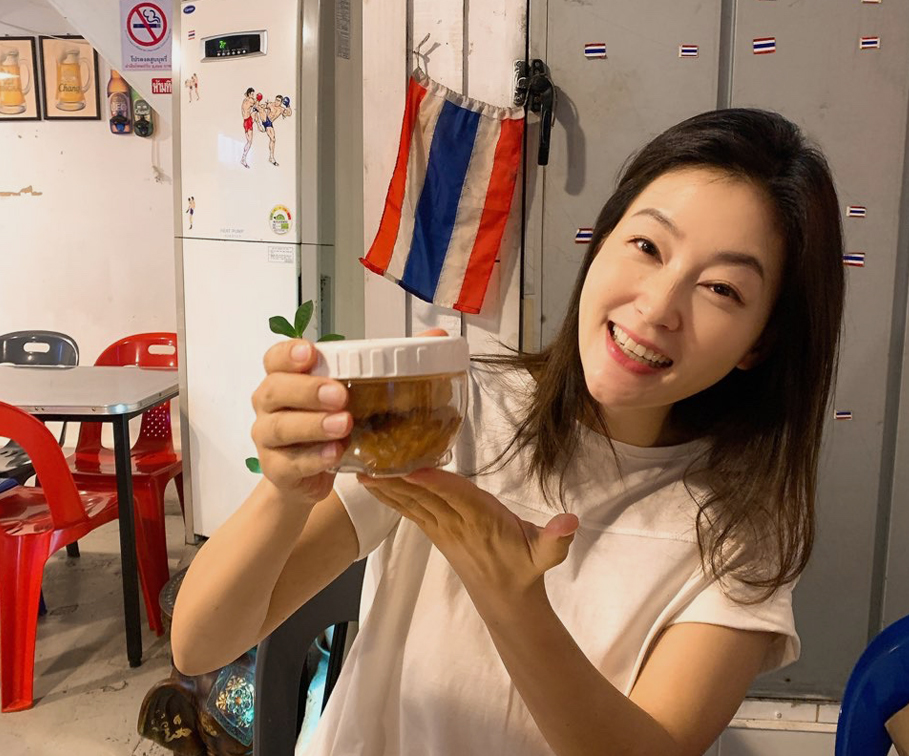 Park engages in influencer campaigns leveraging the virality of SNS in a way that makes both herself and joining on board her cause accessible.
Park engages in influencer campaigns leveraging the virality of SNS in a way that makes both herself and joining on board her cause accessible.
We need to be cognizant of our
planet’s state of being.
With an air of wit and joviality, she admits, “It has become easy for me these days — spent deeply immersed in informing myself on environmental issues as such — to forget my main occupation as an actress.” Laughing, she adds, “Oh, that’s not to say I in any way claim or deem myself worthy of the title of an ‘environmental activist’ the way some media or previous interviews have attributed. That’s a bit too much. I simply consider myself an actress — who by the way, remains in love with acting — with lots of sincere interest in living consciously, in a way that pays due respect to the planet we occupy.”
On the other hand, she says, “The title still does put a fair bit of weight on my shoulders. Since I do spend more and more time trying to live up to my eco-friendly duties, you could say my actions reflect a keener relationship with environmentalism. That, in turn, instills in me a greater sense of duty to live up to the cause I vouch for. It makes me both nervous and excited for what prospects await me, in my journey in environmental ‘activism.’”
Park continues, “In fact, there were much trial and error involved in my journey to this point, too. With every new challenge or action I took on, I consciously reviewed how it felt: Is this sustainable on my end? Am I OK? It’s a joy when I realize: I’m indeed better off engaging in this enviro-conscious habit because I’m no longer bound to feelings of guilt.”
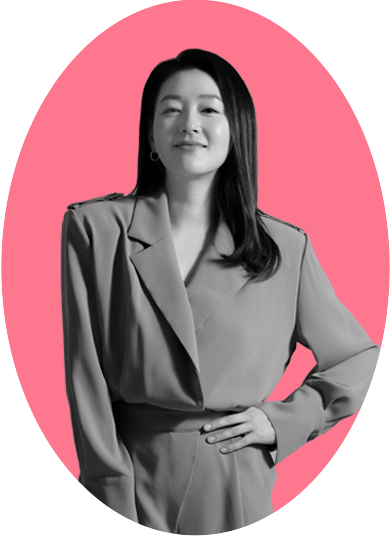
Actress &
Eco-influencer
Park Jin hee
Q. What are some factors that influenced you to aim for eco-friendly ideals, or instilled in you the duty to live up to them?
Growing up, my mother would always express emotions of being proud of, and impressed by, plants of all sorts: the growth of trees and their branches, the blossoming of flowers, and the ripening of fruit. She was simply proud of the way they fared for themselves, growing without needing human interference or external help to do so. The natural order of things simply represented miracles and blessings, with each and every plant life a precious being.
Now as a grown-up, I realize more and more the implications behind her appreciation for nature. In fact, wondering “what can I do to be of… help (to our planet)?” leads me to ponder instead, that they may as well be better off without humans, with all the harmful footprints we leave simply as consumers in modern society.
Going back to her influence on me, her genuine affectation toward plant life seeped into my mindset naturally. Holding myself accountable for the harm I do to the environment, intentional or not, stems from her en-dearing treatment and deep appreciation of all that live on Mother Earth. We must never take the Earth’s presence or any natural resources for granted. The perception shaped my actions, then actions grew into habits. My parents acted as the spark that awoke me to the urgency of exerting as little harm as I can to the planet.
Q. What kind of day-to-day effort do you make to minimize your trace on the environment?
One way my mantra (to pursue “sustainability within the scope allowed by my capacity and ‘happiness’”) plays out in my attempts to leave less environmental damage is my approach in starting out small, especially when making new attempts.
What I’ve recently begun working on is adjusting my diet to minimize my meat intake. Learning how much damage modern-day meat production processes leave on our planet Earth has instilled in me the determination to cut down on my meat consumption.
I started out with “one day of vegetarian meals per week,” which is challenging for someone who hasn’t gone meatless before. Once I’ve eased into it, I’ll be on track — or willing to take a further step — of going meatless twice [two days] a week.
Q. What advice would you like to offer those seeking to implement environmentally-conscious habits into their lifestyles?
My simple tip is all about the [above-mentioned] mantra of “pursuing sustainability within your realistic capacity and the scope of your happiness.” For some, purchasing eco-friendly products, which haven’t quite made it to the mass market as of yet here, may feel costly. If purchasing eco-friendly products puts a dent on your budget, don’t go as far as to make sacrifices that strip you of your basic comfort. Let yourself keep the elements that contribute to your daily happiness and due comfort. You deserve that! As long as you’re making conscious progress, even if it means starting small like my own vegetarian goals, you have good reason to be proud.
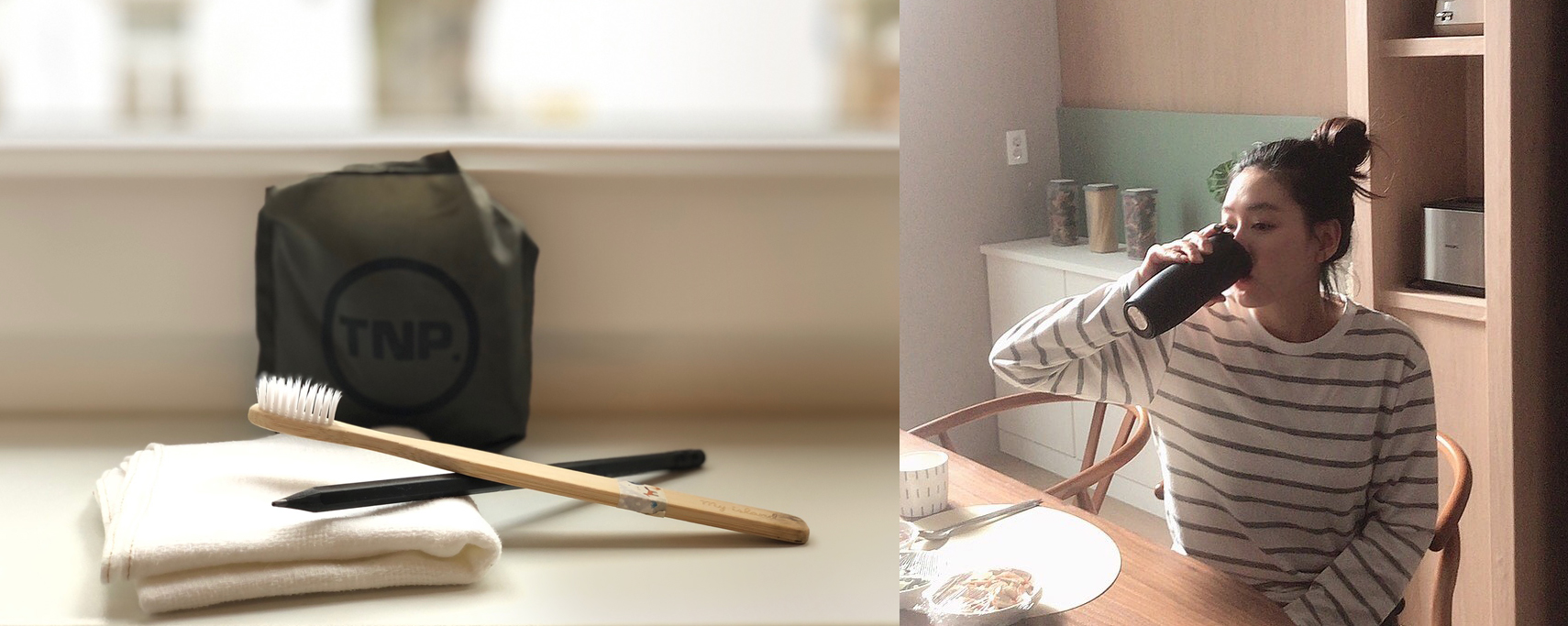
Although attention on zero-waste and sustainability-oriented goods now abounds, that was far from the case back in 2016, when Song Kyoung-ho opened Korea’s first-ever “zero-waste” shop, now a lifestyle platform. It was a time when Korea produced less than 20 articles on the topic annually and when the public found his core values a puzzling, if not outright strange concept. It was only in 2018 that people opened to the idea of zero waste, when a trash crisis became a turning point in public consciousness. Since then, both consumers and suppliers — and corporations and policymakers — have taken a keen interest in zero-waste practices and how they can contribute as individuals and communities.
![]()
Written by
Kim Jane,
features editor
Photo courtesy of
The Picker
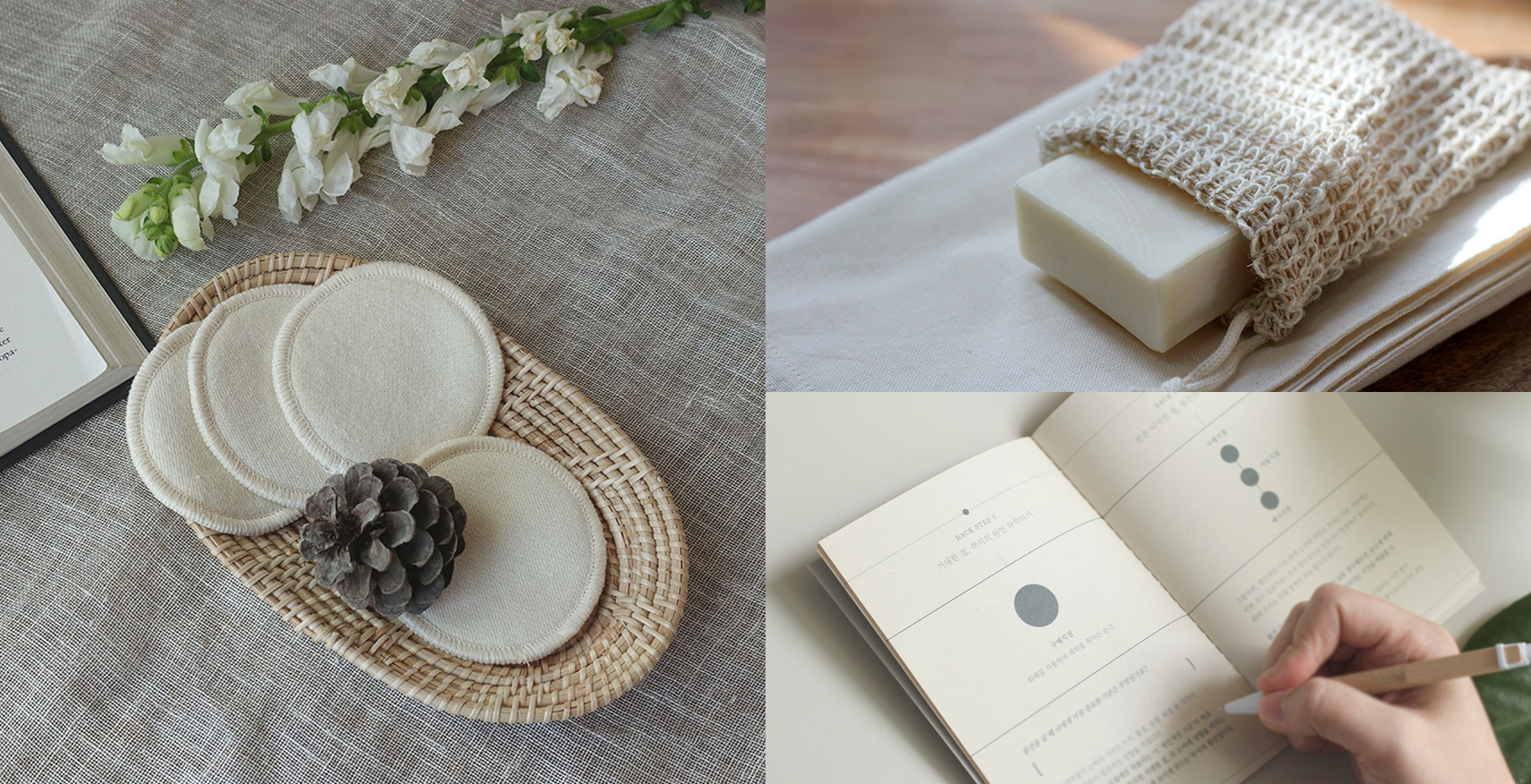
Run by Song Kyoung-ho and his co-founding business partner, The Picker is a zero-waste lifestyle platform oriented towards recovery. Song is steadfast in his prioritization of “organic — our planet Earth’s — recovery.” He adds, “It’s a value we and our enterprising efforts highly uphold as a rule of thumb. Although trying out innovative ways to enhance our consumption cultures and habits or to spark benevolent changes can also be worthwhile, we are set on bringing back what worked for humans — more precisely, our consumption habits — in prior times, in more organic and sustainable ways. We strive to bring our society towards that pivotal transition: toward wholesome practices, which our endeavors hopefully bring back to the times we now live in.”
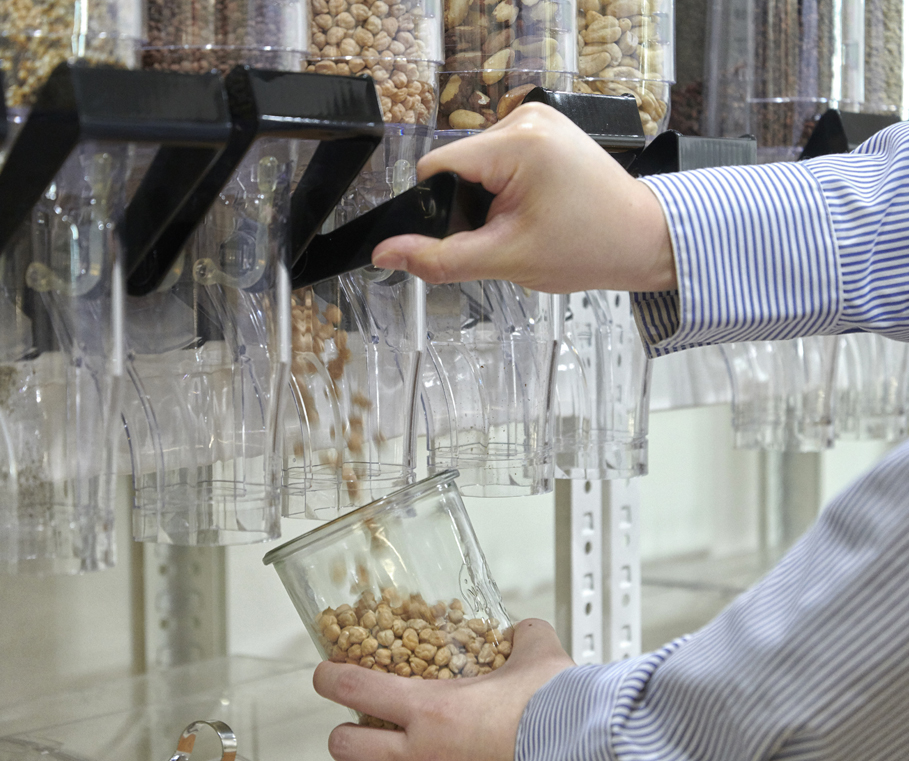 The curated shop managed by The Picker is decked out
The curated shop managed by The Picker is decked out
with refill stations containing grains and other ingredients.
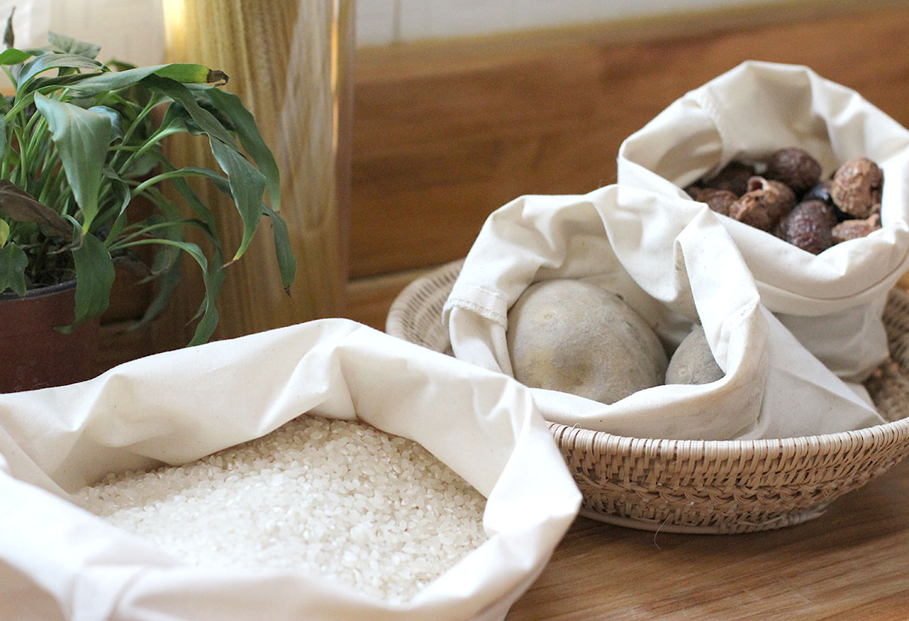 Packaging, preserving, and all such related processes are geared towards a zero-waste approach at The Picker.
Packaging, preserving, and all such related processes are geared towards a zero-waste approach at The Picker.
Song is steadfastly zoned in
on the ‘recovery’ of planet Earth
through wholesome deeds.
Although he now hosts seminars to spread awareness and deepen sensitivity on environmental topics and issues and sits for interviews regarding his untiring eco-friendly pursuits, he has weathered initial doubts and negativity. “First and foremost, we were tasked with getting public sentiment to grow more accustomed to our values on a conceptual level. I was lucky to have had my business partner to rely on, amid all the doubts that questioned the need for our project or enterprise from the get-go. To overcome the hurdle, we came up with ways to present the concept in more digestible, relatable bits and approaches.”
“The public was unfamiliar with terms like ‘zero-waste’ and ‘free-cycling’ at the time, and there was a stigma on ‘trash’ and other materials that had been discarded. Countless people around us struggled to understand, much less relate to our motives; we were even asked as to why we’re putting ourselves out there to tackle what our administrators or municipality should handle for its citizens.”
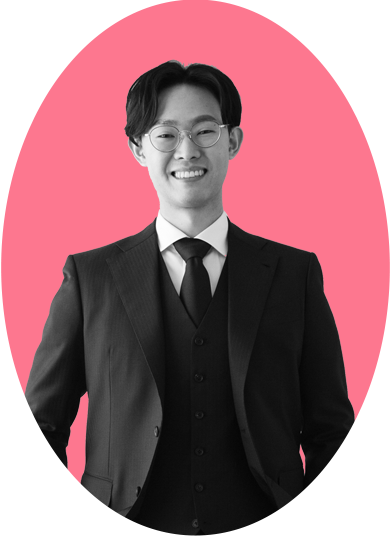
Early Adopter
of the Zero-waste
Movement
Song Kyoung-ho
Q. How did you decide to open your zero-waste shop?
I was focused from the outset on waste: not on management, treatment, or even minimization thereof, but a more surefire way to lessen its quantity. That, without a question, would be zero-waste. The concept of zero-waste is attuned to the dire need I feel to unburden our planet of the vast quantities of waste humans produce. The approach simply seemed to be the most viable way, as it calls for consumers to alter their behavioral pattern in a way that doesn’t do with waste from the outset.
The reason I had to do it then and now is likewise, simple, in addition to being a factor that directed the initial approach we took in undertaking The Picker. Because its forms or applications (as a platform) remain fluid, it may be hard to define. Simply put, The Picker is a project-based business geared to boost public consciousness in the issue of environmental recovery. Since we wanted to make a change in how people thought and perceived of the issue, we hosted classes and seminars or eateries along the way, melded into hybrid services and such — all in order to amplify accessibility.
Q. How do you stay on track and stick to your philosophy and goals?
One thing that helped is how we established the identity of our business, straightforwardly from the outset. Since a core mission of ours is to alleviate the trash overload by correcting, or improving consumption culture through means of recovery, we identify ourselves distinctly as a corporate, working to better the ways in which people spend, consume and enjoy goods. As such, we are far from being the type of non-profit one may assume at first glance. Knowing how to precisely define The Picker’s identity made the corresponding work on diversifying business models, especially in ways that align with and corroborate our values, a relatively smooth process. The approach has also afforded us practical help in keeping the business afloat.
Q. What are your plans going forward?
Although we have developed a multipronged channel of spreading our message and cooperating with various players in the market (i.e., corporate consultations, advisory case study lectures or discussions and so forth), we’ve arrived at a point where we’d like to show that these pursuits don’t have to be in the form of a zero-waste shop or platform.
Hence, we aim to deconstruct the concept of our shop, for which a few projects are under preparation. It simply isn’t desirable that any achievement we’ve reaped, despite the positivity of its impact, be boxed in the notion as the only method of doing away with waste. We want to present and explore more varied forms and approaches, opening both ourselves and the public to more inclusive means of reaching our goals.
Q. What challenges have you encountered, or still continue to?
Although the past couple years have seen a dramatic upsurge of interest in environmental sensibilities, esp. speaking for Korea’s domestic market, the specific concept of “zero-waste” has yet to be reckoned by the mainstream. As such, there’s a definite limit in how (well) the market accepts related products, or how (little) existing legalities uphold eco-consciousness.
